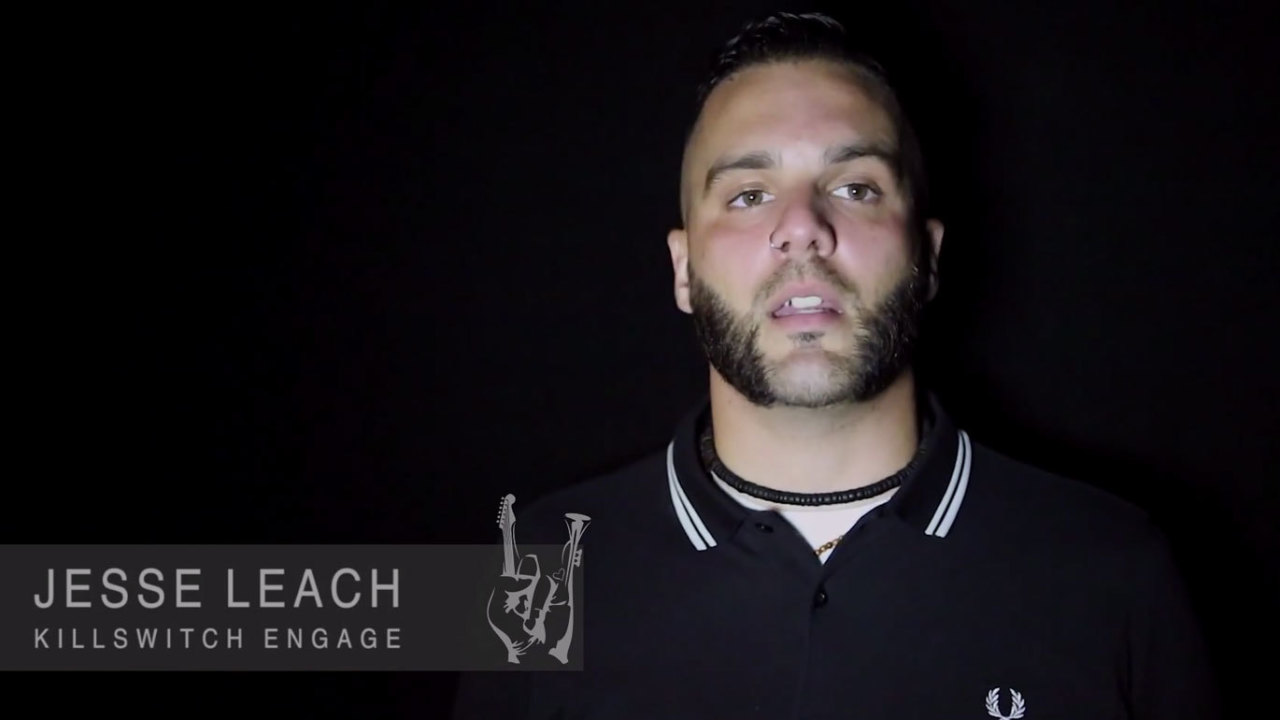Killswitch Engage frontman Jesse Leach recalls the moment he overcame suicidal thoughts and says there is always hope for anyone in a similar situation.
Leach says he “could not have asked for a better home to be raised in” but adds that even that wasn’t enough to keep him free of depression. Raised as a Christian, he says it was when he began to question his faith that his depression really took hold.
He tells the You Rock Foundation: “I had one night in particular where I was ready, it was just total hopelessness. I had divine intervention, whatever you want to call it, it happened to me. Call it what you will, if you don’t believe in God, call it intuition.
“I was watching the leaves fall off this tree and I felt like I was one of those leaves that just gave up. It was as if all this pain could be gone if I just did this. I scared myself because I had entertained the thought enough where I considered it.
“From that point on something happened and I went into survival mode. The thought that I could get up right now and do anything. That was the hope that came into my life.
“I remember just riding my bike, pouring tears. I had that sliver of hope and that’s when things started to change for me. I could easily access happiness and the potential of what life could offer me. Life is fleeting and beautiful from one moment to the next.
“You have no idea what tomorrow holds. Dealing with depression and suicidal thoughts – it’s really hard to see outside of that, but I did it. I know that anyone can get through this, no matter what you’re going through.”
Leach adds that talking about problems with loved ones is vitally important in helping to overcome suicidal thoughts.
His video for the foundation comes after Slipknot’s Corey Taylor discussed attempting suicide in an effort to connect with troubled fans.
Suicide as a result of depression remains the third-biggest cause of death among people aged 15 to 24 in the US. Help is always available via the You Rock Foundation and the Suicide Prevention Lifeline. In the UK, the NHS recommend a number of places to find support, saying: “It’s important to know you are not beyond help and you are not alone.”
